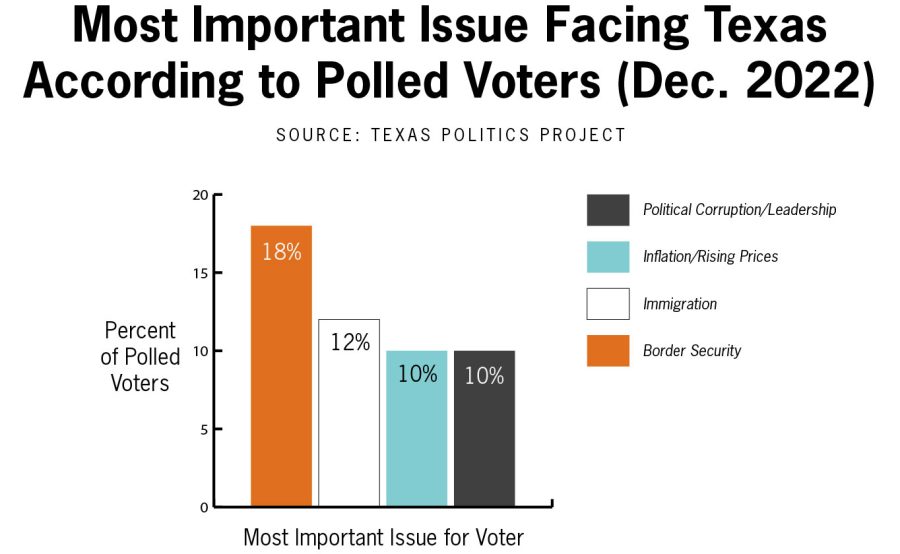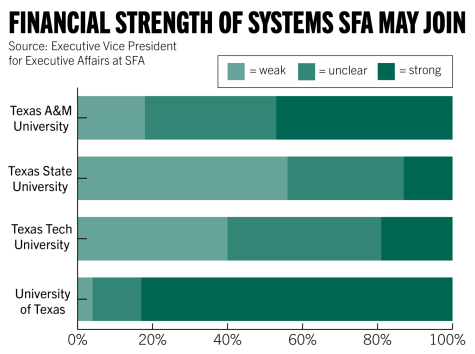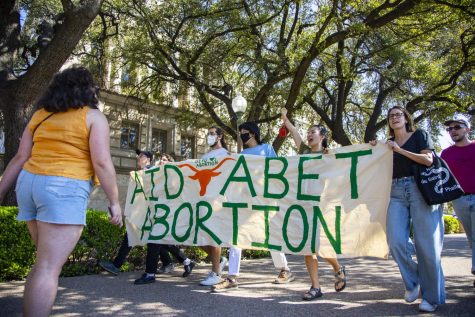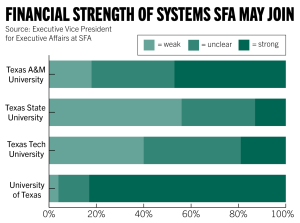2023 legislative session anticipated to address budget surplus, border security, more
January 9, 2023
Today marks the first day of the 88th Texas legislative session, following a successful midterm election for state Republicans through gains in both the Texas Senate and House of Representatives and wins in every primary state office.
The Texas legislature kicks off its legislative session every odd-numbered year on the second Tuesday of January and can go for as long as 140 days as drafts of bills are debated and eventually voted on. The only other time the legislature convenes is when the governor calls a special session, which can occur at any point for what is deemed a critically important issue for a maximum of 30 days.
Laws passed during the previous 2021 session went into effect at the beginning of the month, including a restructuring of the state’s court system and new air pollution rules for builders.
Joshua Blank, research director of the Texas Politics Project, said an early focus of the session will likely be what to do with the $27 billion surplus from last year. During his bid for reelection, Gov. Greg Abbott called for half of the surplus to go towards property tax relief, while other state politicians advocate to use the surplus in various areas such as infrastructure needs and increased pay for state employees.
Additionally, a bill filed by Democrats seeks to raise the minimum age to purchase a semi-automatic rifle from 18 to 21 years old in response to last year’s Uvalde shooting. Republicans also filed several bills solidifying the criminalization of gender-affirming healthcare for transgender children.
Following the midterm election, border security, immigration and political corruption remain the largest issues for registered voters, according to December polling by the Texas Politics Project. Polling also found that 37% of Texas voters believe the state government mostly addresses their needs, a significant drop from 49% of voters who believed that in October 2017.
“It’s clear that there has been a significant increase in skepticism of state government,” Blank said. “I think the important thing to note about that skepticism is that it’s really grown most among Republicans.”
With state Republicans remaining in power in both houses, Lt. Gov. Dan Patrick announced 21 legislative priorities in November, including adding more natural gas plants to the power grid, increasing border security funding and support for law enforcement in rural Texas.
While many of the proposed bills will see minimal movement through the state’s legislative process, some are already anticipated to be major points of contention throughout the session.
Some anticipated higher education actions include a vote on whether or not Stephen F. Austin University will join the UT System, an amendment to the state universities benefiting from the Permanent University Fund and further action in a continuous effort to end tenureship for professors in the wake of statewide critical race theory debates.
Legislators are able to file bills until March 10 with over 1,600 bills already filed and many more expected to come.









